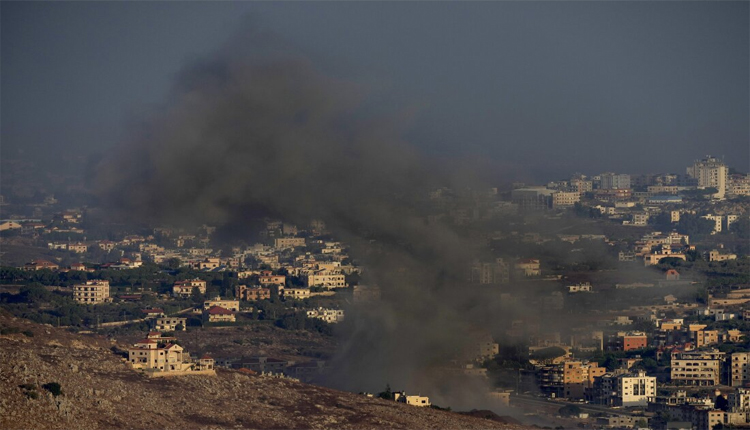Lebanon: The Israeli army has launched extensive airstrikes across southern and northeastern Lebanon, reportedly targeting around 300 Hezbollah positions. As the conflict intensifies, local health officials in Lebanon have reported at least 274 fatalities and around 700 injuries as a result of the bombings.
Ahead of the strikes, the Israeli military issued warnings to Lebanese citizens, advising them to evacuate their homes. These alerts were communicated via landline messages in several areas, including Beirut, urging residents to leave buildings to avoid the impending airstrikes.
The Israeli forces conducted attacks in multiple locations, including Majdal Salem, Hula, Taura, Cleleh, Haris, Nabi Chit, and Harbata. Lebanon’s Health Minister, Firas Abiyad, reported that the bombardment has hit not only residential buildings but also medical centres, ambulances, and vehicles. Among the deceased are 21 children, 39 women, and two doctors, underscoring the devastating impact of the strikes.
Israeli military spokesman Daniel Hagari confirmed that preparations are underway for a larger offensive against Hezbollah, particularly in the Bekaa Valley. He urged civilians to vacate danger zones for their safety, highlighting the seriousness of the situation as airstrikes continue.
Tensions have escalated significantly following a series of bombings in Lebanon on September 17 and 18. Hezbollah’s deputy chief, Naim Qassem, announced that his fighters have initiated direct confrontations with Israeli forces, further inflaming the situation.
In response to Hezbollah’s recent attacks on northern Israel, approximately 60,000 Jewish residents have fled the area. Israeli Prime Minister Benjamin Netanyahu has indicated that resettlement of these individuals has become one of the government’s strategic objectives amid the ongoing conflict.
As the violence escalates, both sides remain entrenched, raising concerns about the potential for further casualties and destabilisation in the region.



Comments are closed.